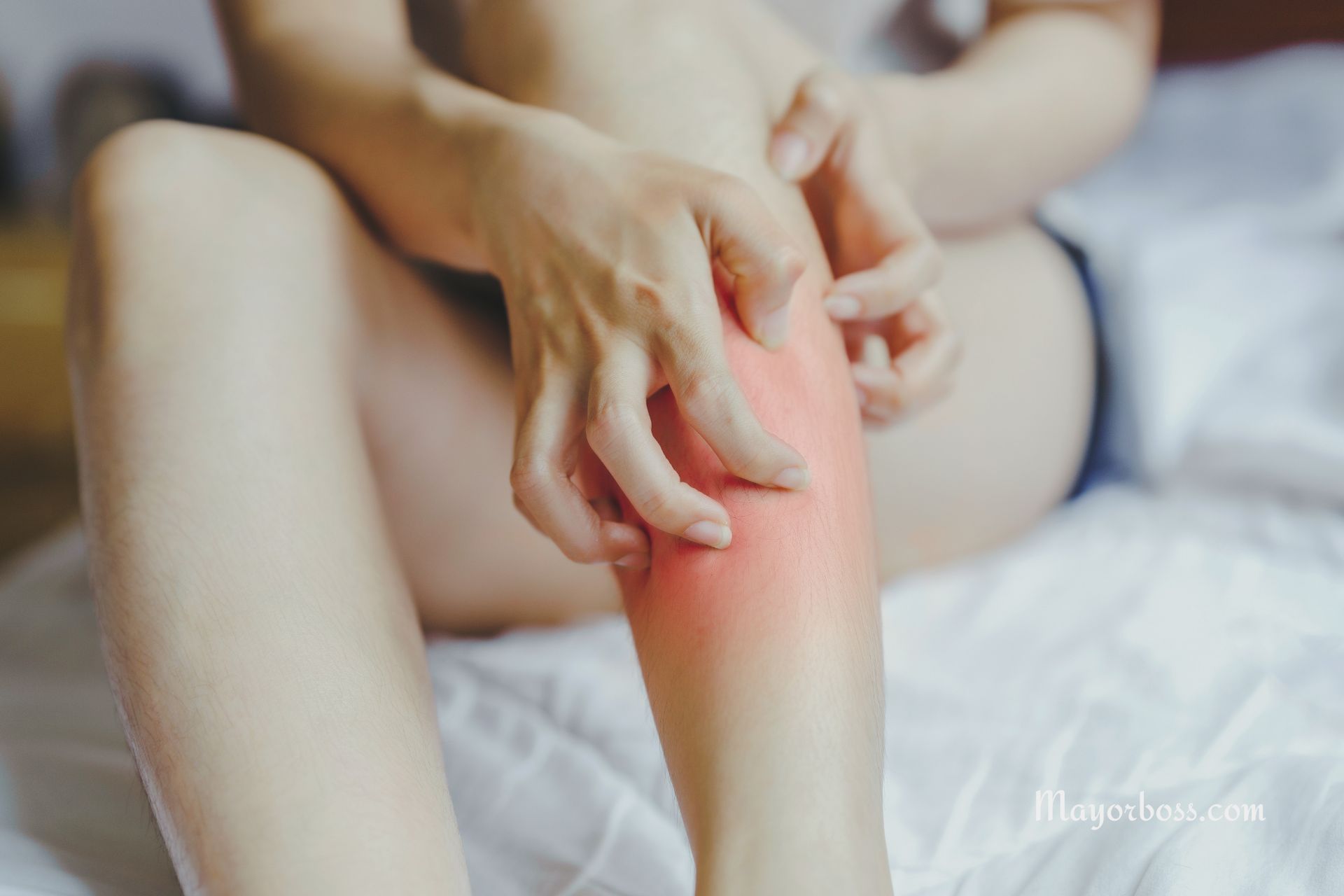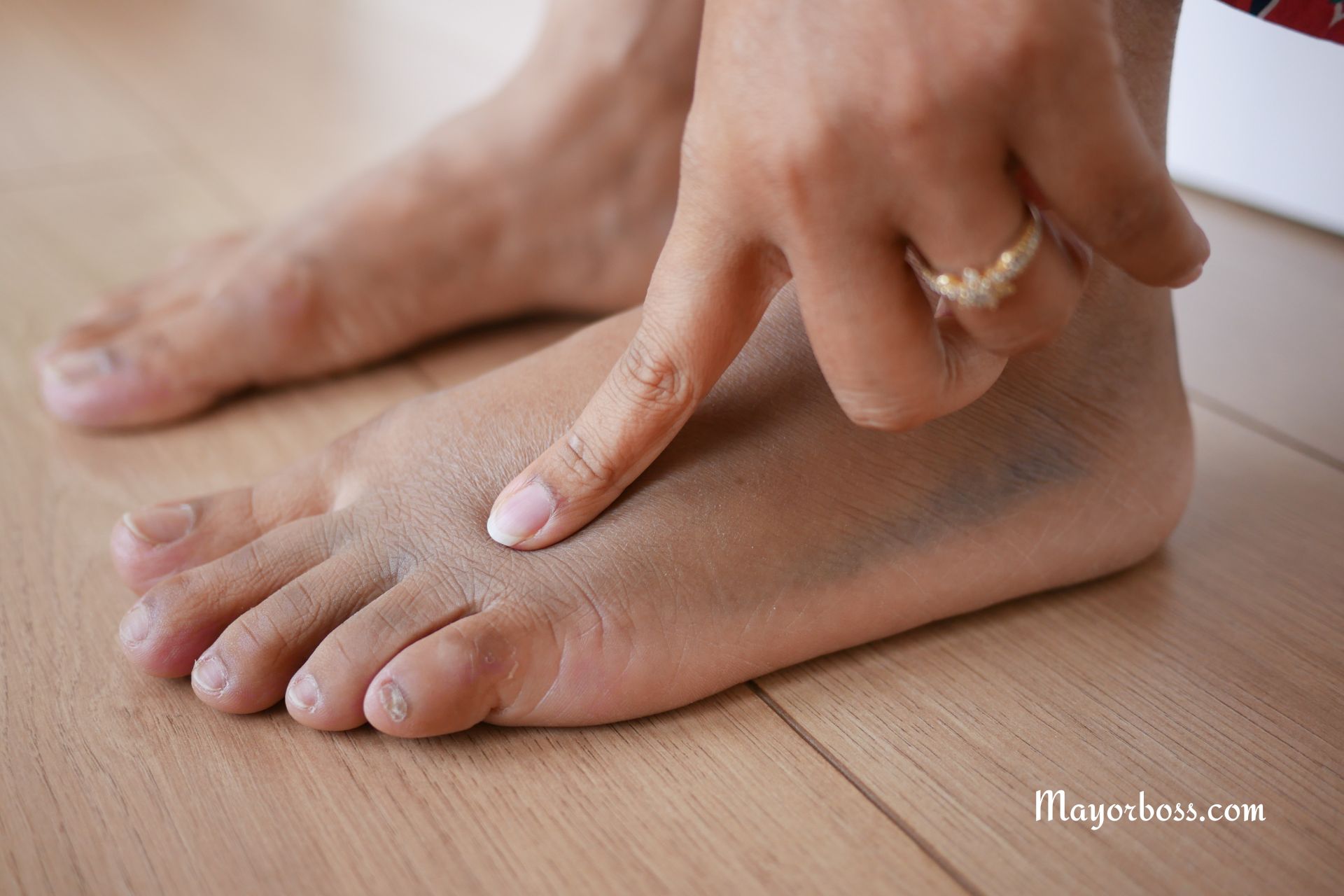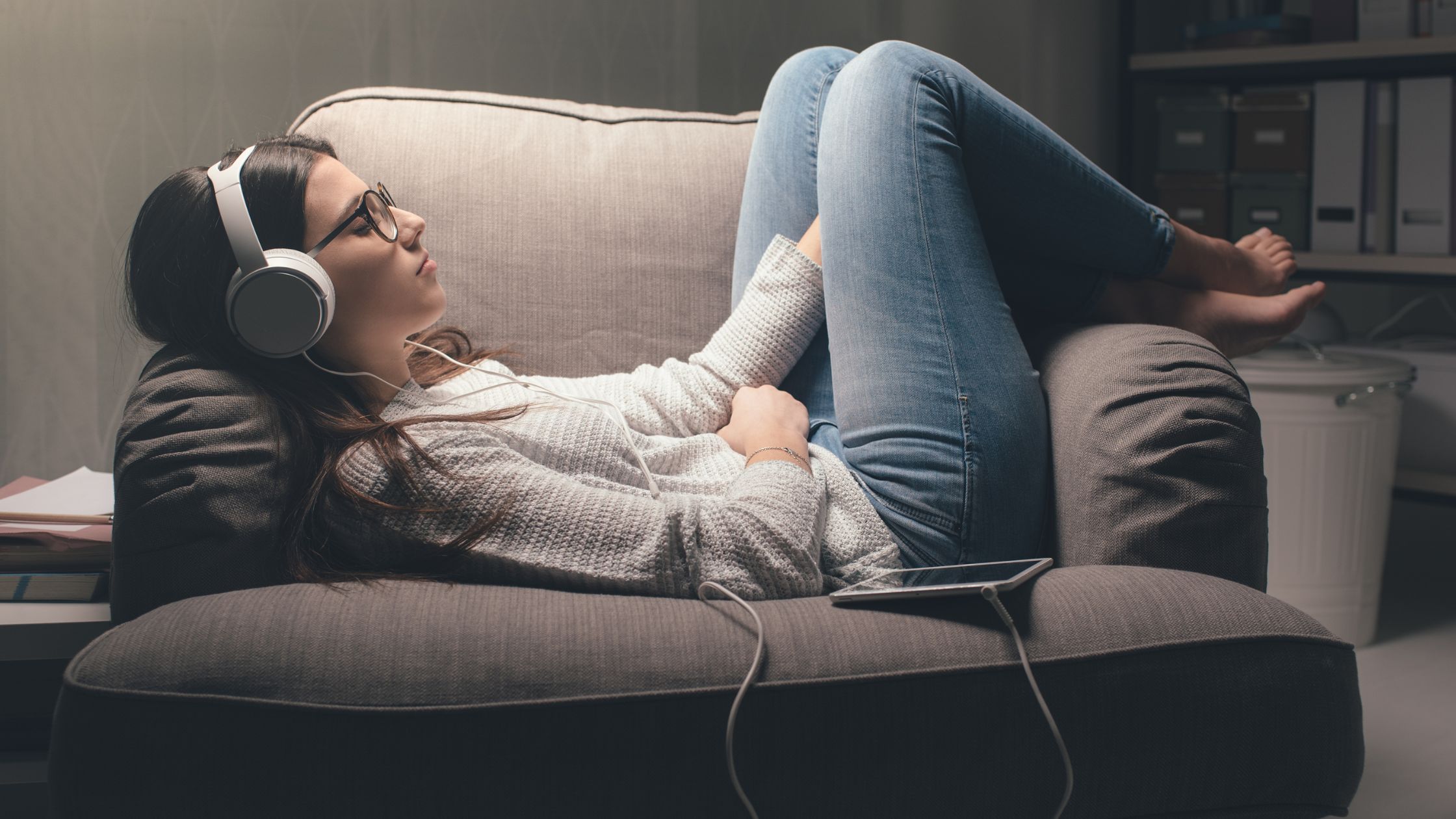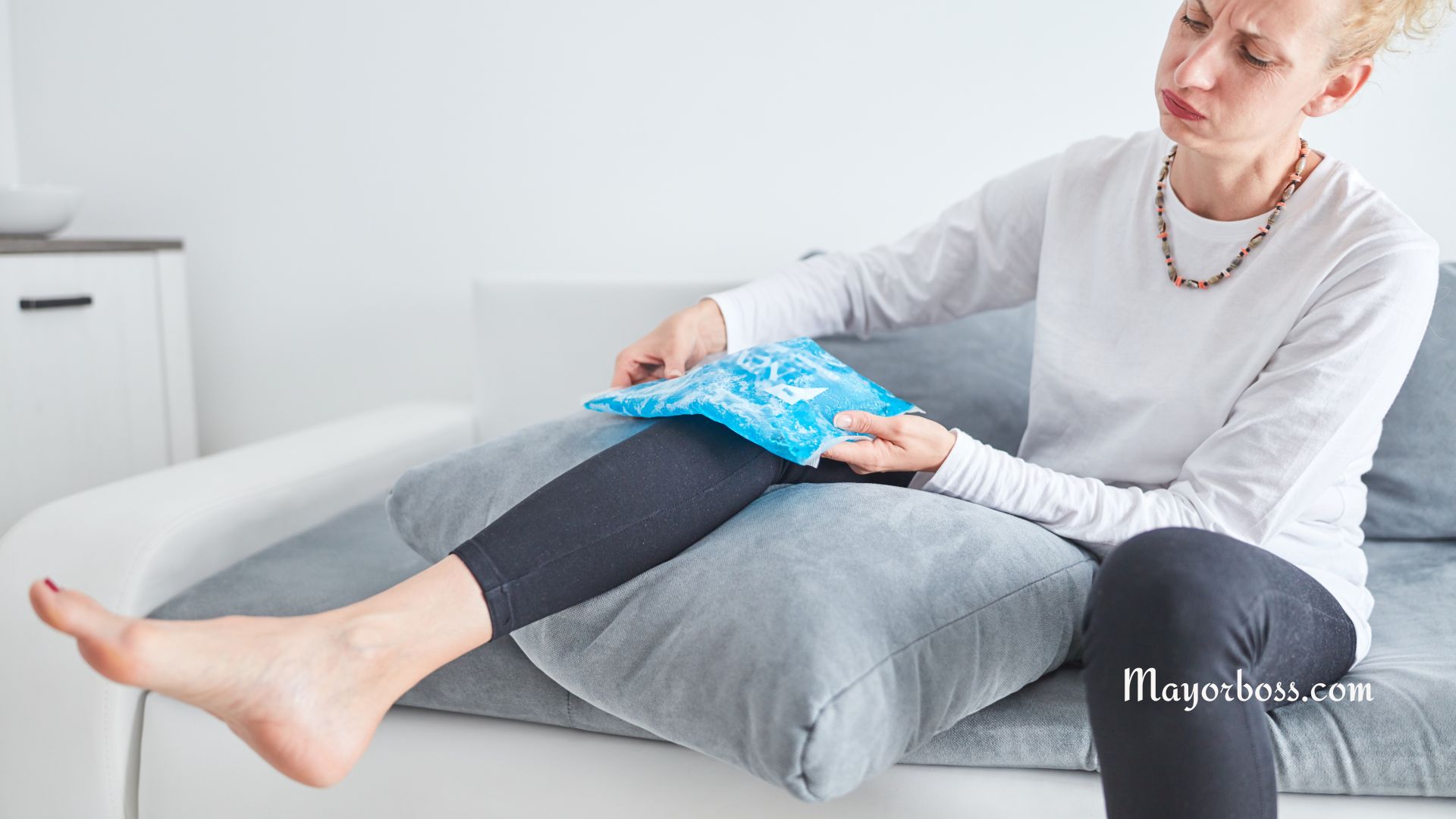Knee Pain at Night: Causes and Treatment
Experiencing knee pain at night can significantly affect your sleep quality and overall well-being. This pain can make it hard to fall asleep, disrupt your sleep, and even impact your ability to walk or stand comfortably. Let’s explore the common causes of this issue and how to effectively treat and manage it.
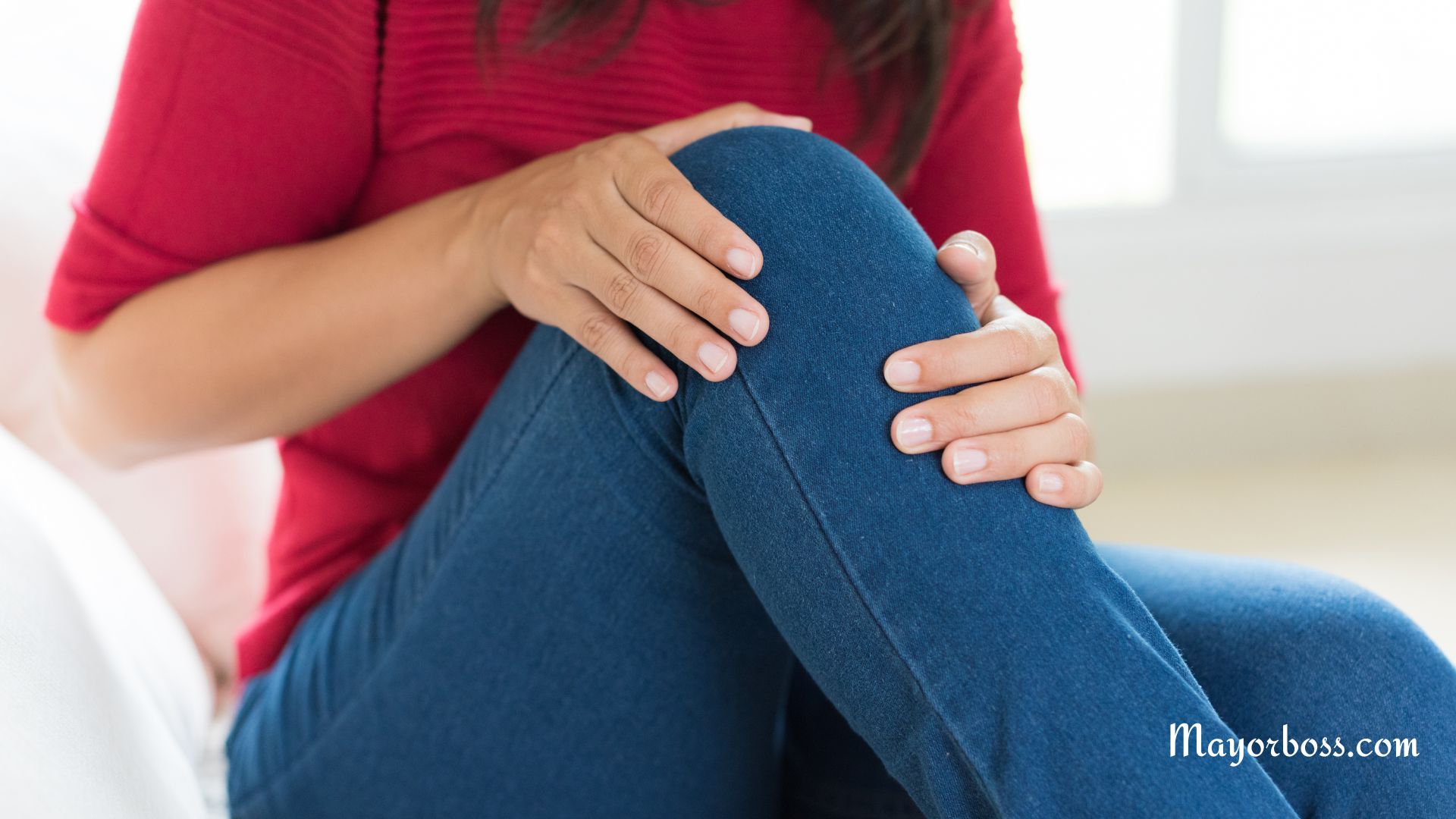
Common Causes of Knee Pain at Night
- Arthritis: This includes osteoarthritis, which leads to cartilage breakdown in joints, and rheumatoid arthritis, an autoimmune disease causing joint inflammation.
- Bursitis: Inflammation of a bursa, a fluid-filled sac that cushions your bones, tendons, and muscles, can cause pain and stiffness in the knee.
- Gout: This form of arthritis results from uric acid buildup in joints, causing intense pain, swelling, and redness in the knee.
- Tendonitis: Inflammation of a tendon (the tissue connecting muscle to bone) can lead to knee pain, swelling, and stiffness.
- Overuse Injuries: Activities like running or jumping can stress the knee, leading to injuries that cause pain, swelling, and instability.
- Meniscal Tears: Tears in the meniscus, the cartilage cushioning the knee joint, can cause pain and movement difficulties.
- Ligament Sprains: Sprains in the knee’s ligaments, the tissues connecting bones, can result in pain, swelling, and instability.
Treatment Choices
- Rest: Allowing your knee to rest can reduce inflammation and pain.
- Ice and Heat: Applying ice can reduce inflammation, while heat can improve blood flow and lessen stiffness.
- Pain Medication: Over-the-counter medications like ibuprofen or acetaminophen can alleviate pain and inflammation.
- Physical Therapy: This can strengthen muscles and increase knee flexibility.
- Injections: Corticosteroids or other medications might be injected to decrease inflammation and pain.
- Surgery: In severe cases, surgical intervention might be required.
Home Remedies
- Side Sleeping: Sleep on your side with a pillow between your knees to align your hips and knees, reducing joint stress.
- Heating Pads or Ice Packs: Use these before bed to lessen pain and inflammation.
- Warm Baths: A pre-bedtime bath can relax muscles and ease pain.
- Elevate Your Knee: Keep your knee elevated on a pillow while sleeping to reduce swelling.
- Limit Stressful Activities: Avoid activities that strain the knee, like running or squatting.
- Weight Management: Losing weight can reduce joint stress and improve function.
Seeing a Doctor
Consult a doctor if you’re experiencing persistent knee pain at night to rule out serious conditions. With a proper diagnosis, most individuals can find relief and enhance their quality of life.
Preventative Tips
- Exercise Warm-Up and Cool-Down: Properly warming up and cooling down your muscles can prevent injuries and reduce post-exercise inflammation.
- Supportive Footwear: Choose shoes that offer good support to protect your knees.
- Regular Stretching: This improves muscle and joint flexibility.
- Healthy Diet: A balanced diet helps maintain an optimal weight, reducing joint stress.
In summary, knee pain at night can stem from various causes, but with the right treatment and home care, you can manage the pain effectively. Remember, maintaining a healthy lifestyle and consulting a doctor when necessary are key steps to keeping your knees healthy.


